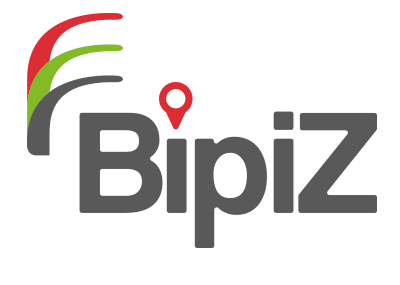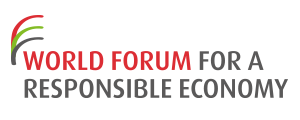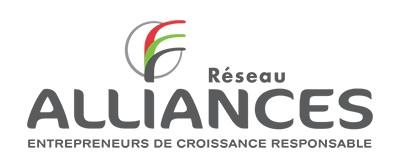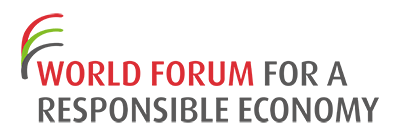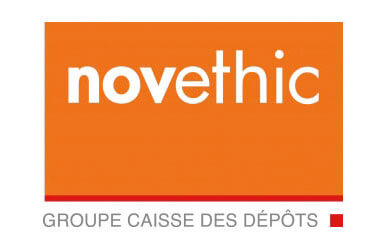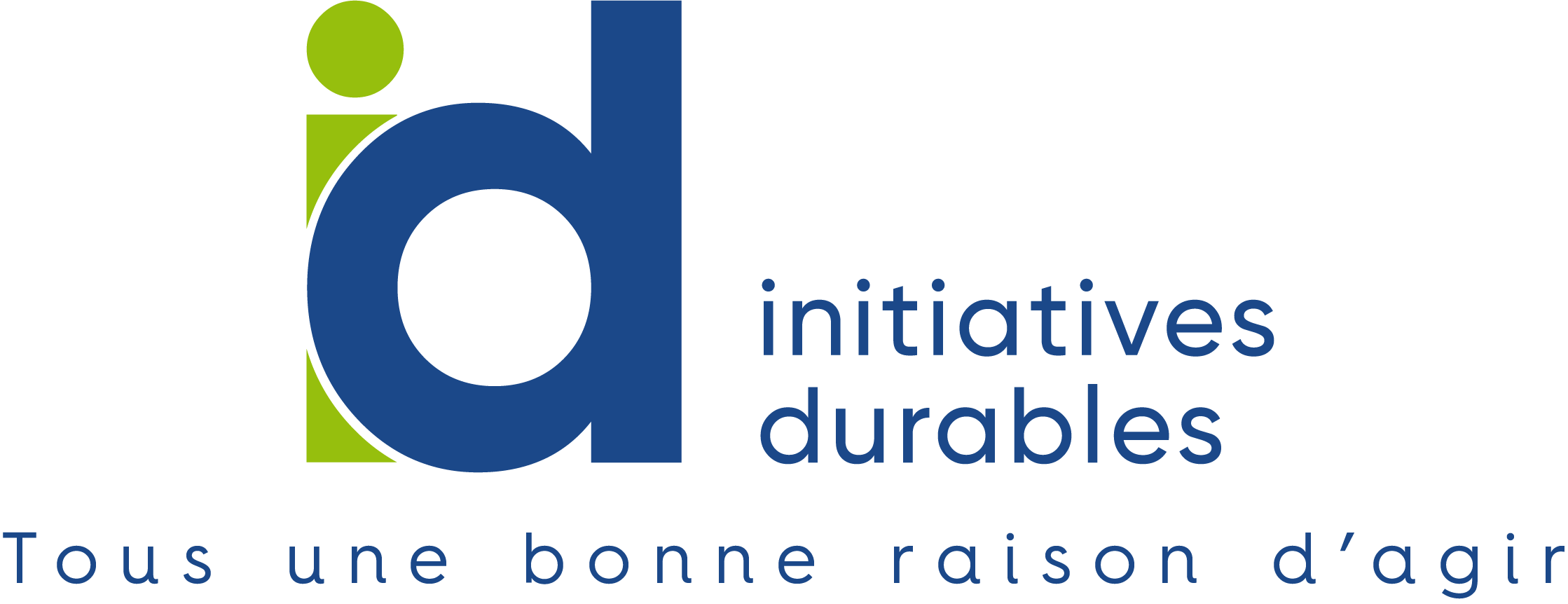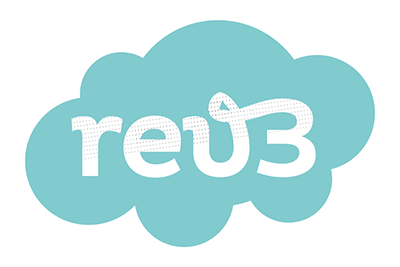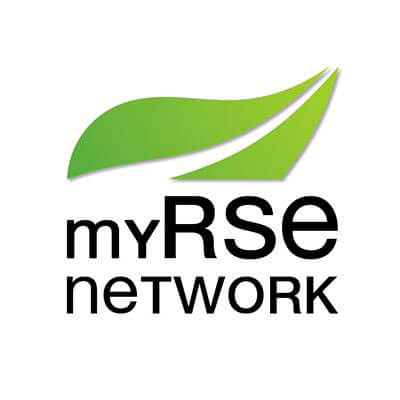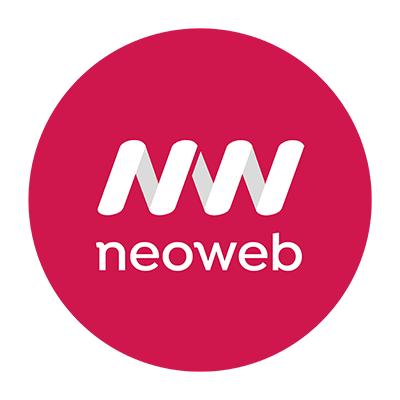Because the electricity it generates transforms people’s lives and also alters their environment, EDF has developed a dialogue with its stakeholders who expect more transparent information about installation performance and safety, efforts to curb climate change, fuel poverty, renewable energy and energy efficiency, job creation for territorial competitiveness, and zero tolerance on fraud and corruption.
The EDF Group produces and sells to over 39 million customers worldwide a commodity in a class of its own: electricity, which has an essential role to play in powering human development and economic growth. EDF respects fundamental rights and values in every community it serves.
